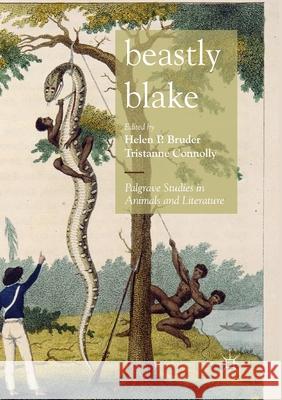Beastly Blake » książka
topmenu
Beastly Blake
ISBN-13: 9783030078584 / Angielski / Miękka / 2019 / 298 str.
Kategorie:
Kategorie BISAC:
Wydawca:
Palgrave MacMillan
Seria wydawnicza:
Język:
Angielski
ISBN-13:
9783030078584
Rok wydania:
2019
Wydanie:
Softcover Repri
Numer serii:
000790131
Ilość stron:
298
Waga:
0.38 kg
Wymiary:
21.01 x 14.81 x 1.7
Oprawa:
Miękka
Wolumenów:
01
Dodatkowe informacje:
Wydanie ilustrowane











